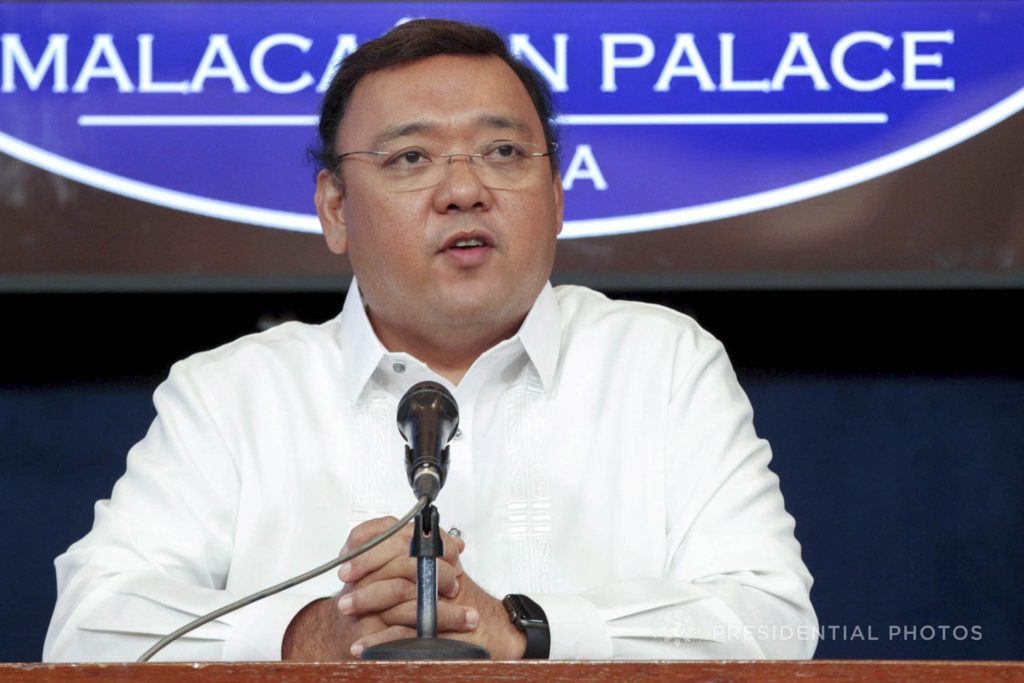Palace bats for int’l recognition of COVID-19 vaccine brands in WHO’s emergency list
MANILA, Philippines — To avoid “vaccine apartheid,” Malacañang on Thursday called for an international agreement that would recognize as “sufficient” for international travel all COVID-19 vaccine brands approved by the World Health Organization (WHO) for emergency use.
Presidential spokesperson Harry Roque said countries should not discriminate against vaccine brands if they have already been included in the WHO’s emergency list.
“I think if the vaccine makes it to the WHO emergency [use] list, then we should not discriminate against or in favor of any of these vaccines in that list,” Roque said in an interview on ABS-CBN News Channel.
“That’s why I think the direction we’re headed for is to come up with an international agreement recognizing all those in the WHO [emergency use] list as vaccines which would be sufficient to allow international travel. Otherwise, there would be some kind of, for lack of a better term, vaccine ‘apartheid’,” he added.

Presidential spokesperson Atty. Harry Roque (PRESIDENTIAL FILE PHOTO)
An emergency listing from WHO signals the safety and efficacy of a product, for reference of local regulators.
It would also pave the way for the inclusion of the vaccine in the COVAX Facility, a global initiative to provide vaccines mainly for poor and middle-income countries.
Roque was asked about the United States and European Union (EU) countries supposedly considering allowing only the entry of travelers fully vaccinated with certain vaccine brands.
“We can’t actually detach economic motivations behind the preference for vaccines. If the WHO says they are all equally effective and safe yet you insist on specific brands, it must be because your country is manufacturing those brands and you’re marketing your brands,” the Palace official pointed out.
“And that’s why it’s important to have an international agreement, otherwise we have ‘apartheid’ all over again,” Roque added.
The Department of Health (DOH) was also recently asked about the supposed vaccine preference of some countries, particularly Saudi Arabia and EU nations.
The DOH, for its part, said there is no official communication yet from the said countries on the matter.
